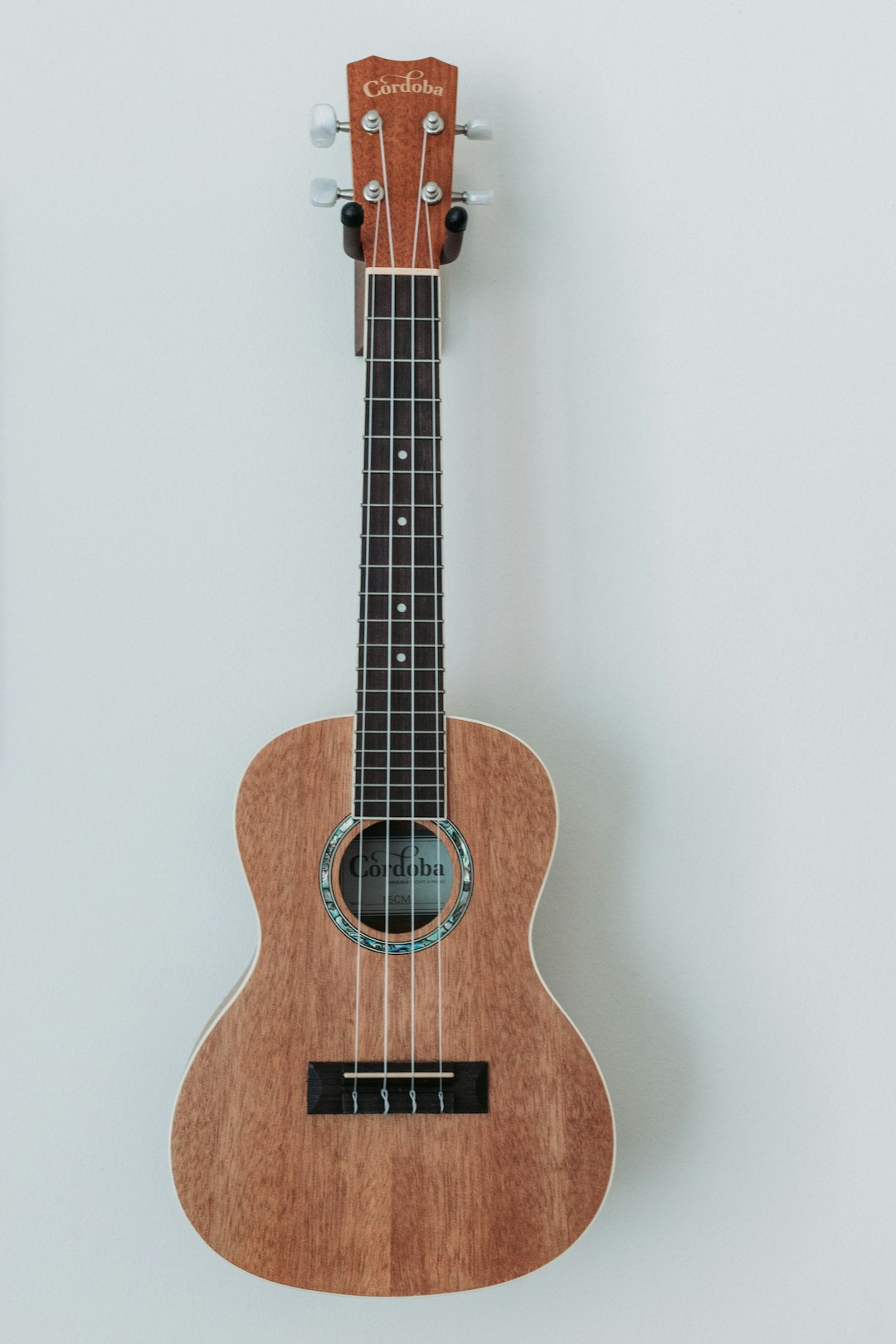How Many Hours to Play Guitar to Become a Good Guitarist?
NewsMany musicians ask themselves this question and whatever the answer, will it apply to you? We say this because most musicians feel that however many hours they practice, it is never enough. So don't feel guilty about it when you feel you haven’t practiced enough. Taking short breaks from your guitar is highly recommended to avoid burnout and injury. So take a breath, get some fresh air and get your mind off of things every now and again.
Who is right?
It's not easy to believe which music legend to follow: one of the greatest jazzmen of all time who says that to master his instrument you need to play eight hours a day, or another great virtuoso that swears by no more than four hours a day is sufficient. Additionally, there are others who say that it's useless to play every day. So who is correct in this debate? Is it necessary to play every day and moreover several hours a day? To learn more about the subject, let's start by taking a look at all the preconceived ideas that are circulating on the subject.
The first idea is that it is imperative to play every day. It's true that in order to master an instrument and to succeed in progressing, many teachers and musicians believe that, in the beginning of learning an instrument, play every day. Then the question that immediately arises is "how many hours"? Do you spend hours and hours practicing your scales, your pieces? After all, it depends on your objectives, your level, etc.
You are just starting your instrument? Then yes, practicing every day for half an hour to an hour will be beneficial for you. If you already have an acceptable level and you like to play from time to time in front of or with your friends? Playing several hours a week is surely sufficient so that you don't lose your “chops” as the music world says. But, if you are an experienced guitarist and there is a concert planned soon or an audition coming up, then objectives change. Therefore, the necessity to play every day is paramount because you must know your repertoire perfectly.
It is important to know your limits and strengths and it is precisely by confronting your instrument and your intuition that you will know when to stop. There is no need to force yourself because you may hurt yourself.
Another common myth is that professional musicians don't need to practice anymore. Of course this is ridiculous because it is not true. Never take anything for granted when you reach a certain level of musical success. Even Jimi Hendrix, Eric Clapton, Jimmy Page, Chuck Berry etc... practiced a lot. After time goes on and you gain experience you realize what you need to do and what exactly you should be working on to iron out the kinks and play the best performance you can. Most concert performers work almost every day for several hours. Don't forget: for these musicians it's their bread and butter and competition is fierce so showing up completely prepared is the most logical route to take, to stay in the music game.In short, it all depends on your goals. Listen to yourself and play for enjoyment above all. And know that whatever your instrument is, your mastery of it will enable you to take full advantage of all it can offer you, at your level.
Even if you play several hours a day, you must realize that unfortunately you will never be a Jimi Hendrix, but that doesn’t mean you can’t be awesome. Be true to yourself, express yourself honestly, heart-felt, and creatively, and then you will become a unique musician in and of yourself, and your talent will have no choice but to surface.
Each instrument has its own particularities and a guitar is an instrument that can be easily carried everywhere. So, wherever you are and whenever you feel the urge, take out your guitar from its case and play, simply having a great time. Music is known to have many virtues including healing capabilities, so don't deprive yourself and others from this wonderful creative outlet.
Written by patrox
on 2022-04-04 13:01:01
Keep reading



The Guitar: One of the Major Figures in the Iconography of Pablo Picasso
The Guitar: One of the Major Figures in the Iconography of Pablo Picasso







